There’s a particular kind of horror that doesn’t fade when the credits roll—it hangs in your chest, like the residue of a nightmare you can’t quite name. Weapons—Zack Cregger’s second feature after 2022’s Barbarian—falls squarely in that camp. Released in theaters on August 9, 2024, the film starts with a voiceover that feels like a bedtime story gone septic:
“Last night, at 2:17 am, every child from Mrs. Gandy’s class woke up, got out of bed, went downstairs, opened the front door, walked into the dark … and they never came back.”
Except, of course, they do come back. Sort of.
One boy—Alex, played with eerie stillness by Cary Christopher—never leaves in the first place. The others? Returned, yes, but changed in ways the adults in their lives can’t articulate without their voices breaking.
Cregger tells this fractured story through intersecting points of view: Justine Gandy (Julia Garner), the teacher left to absorb the suspicion of grieving parents; Archer Graff (Josh Brolin), a father who blurs the line between vigilante and victim; Paul (Alden Ehrenreich), a cop and Justine’s ex, chasing down drug addict James (Austin Abrams) for scraps of truth; and Andrew (Benedict Wong), the school principal caught in the quiet implosion of Alex’s family.
And then there’s Aunt Gladys (Amy Madigan).
Gladys is where Weapons shifts from grounded mystery into the kind of folklore that smells of rotting wood and candle wax. She’s a witch—no broomstick clichés here, just a cold precision in ritual: sticks, twine, hair, blood. Alex is her courier, stealing from his classmates to fuel her spellwork, which turns children into silent, obedient ghosts. The implication—never shouted, always insinuated—is that she’s siphoning their life-force to rewind her own aging.
The descent into violence is ugly, human, and abrupt. Justine and Archer crash into the witch’s lair, only to be met by Paul and James—both under Gladys’ thrall. A few minutes of chaos later, bodies are on the floor, allegiances shift, and Archer himself is turned against the woman he came to save.
It’s Alex, small and almost invisible until now, who tips the scales. Using Gladys’ own magic against her, he frees his classmates from the spell. They descend on the witch, tearing her apart in a cathartic eruption that feels both righteous and horrifying. The closing narration—dry, almost bureaucratic—confirms the kids went home. “Some of them even started talking again this year.” That’s it. No healing montage. No light through the trees. Just a community left to wonder what was taken from them that night.
Cregger has a knack for finding the uncanny in the ordinary. With Weapons, he dodges the sophomore slump by refusing to play it safe. The film’s horror isn’t about the gore—though there’s plenty—but about the way silence fills a room when a child you love won’t look you in the eye anymore.
What Stays With You After Weapons
The witch isn’t the scariest thing. Gladys is terrifying, yes, but it’s the way the townsfolk turn on each other that hits harder.
Children as collateral damage. Horror loves to threaten kids—few films follow through with such grim intimacy.
Genre without safety nets. Cregger folds folk horror into small-town paranoia without ever announcing it.
Performances that bruise. Julia Garner’s tight-lipped exhaustion, Josh Brolin’s grizzled desperation—both stick.
No clean exit. The ending offers closure on paper, but emotionally, it leaves you in the dark.
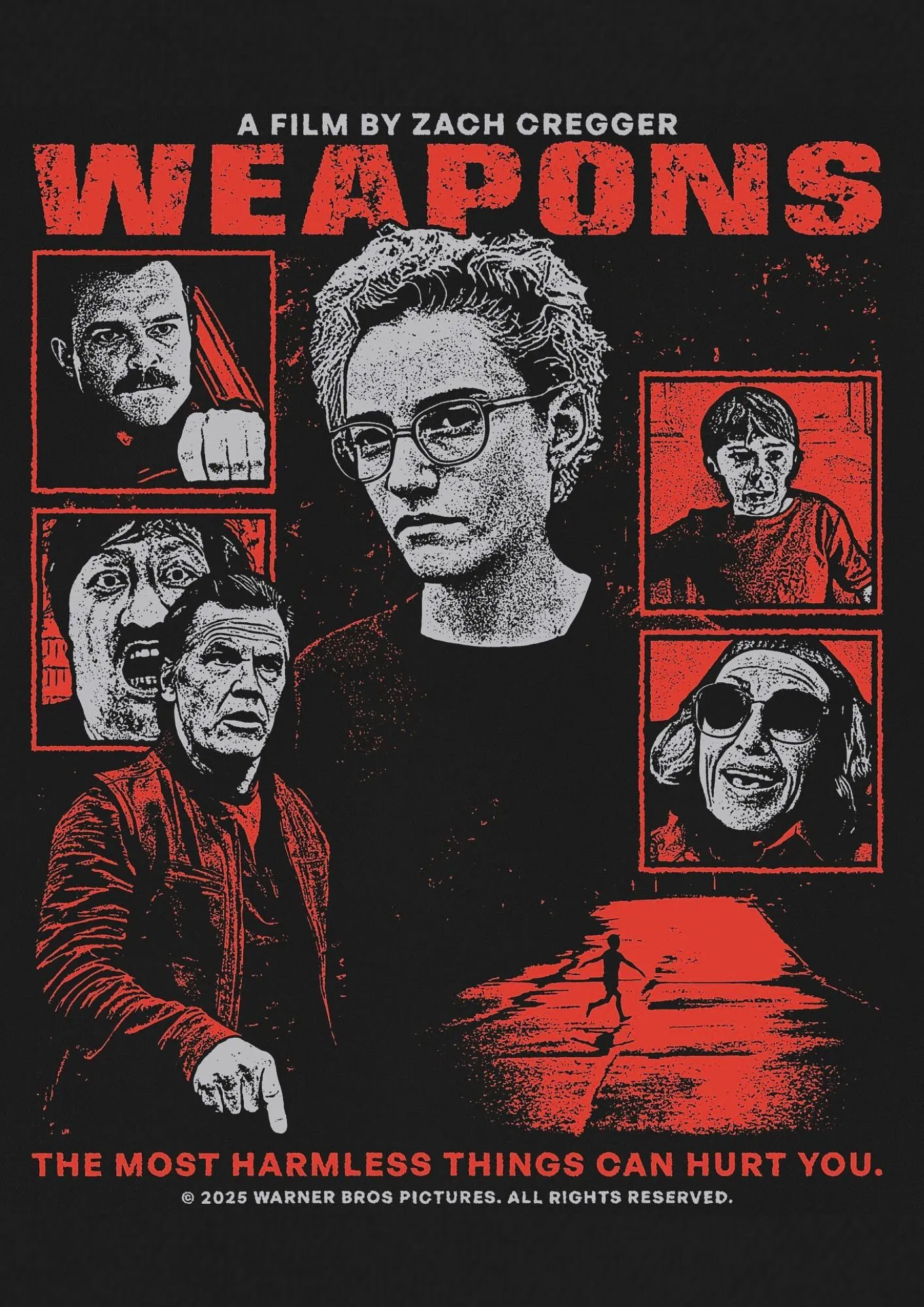

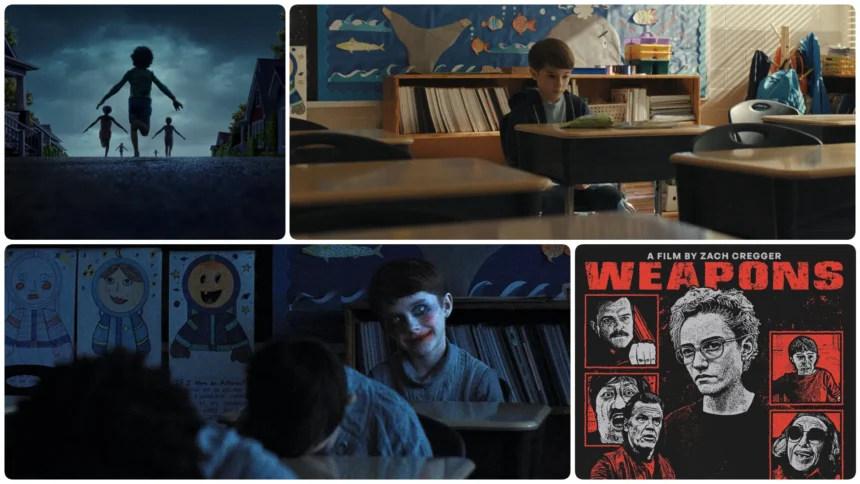



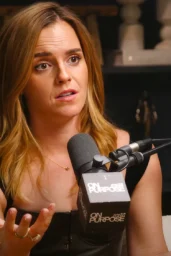
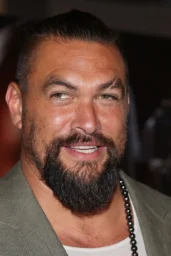


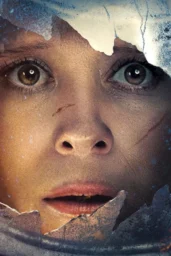

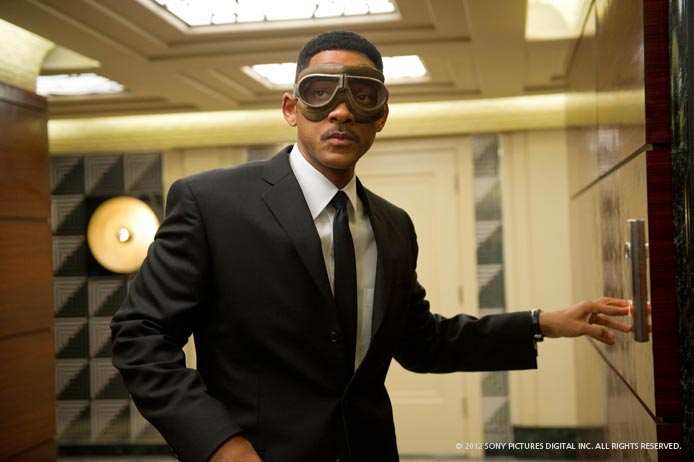
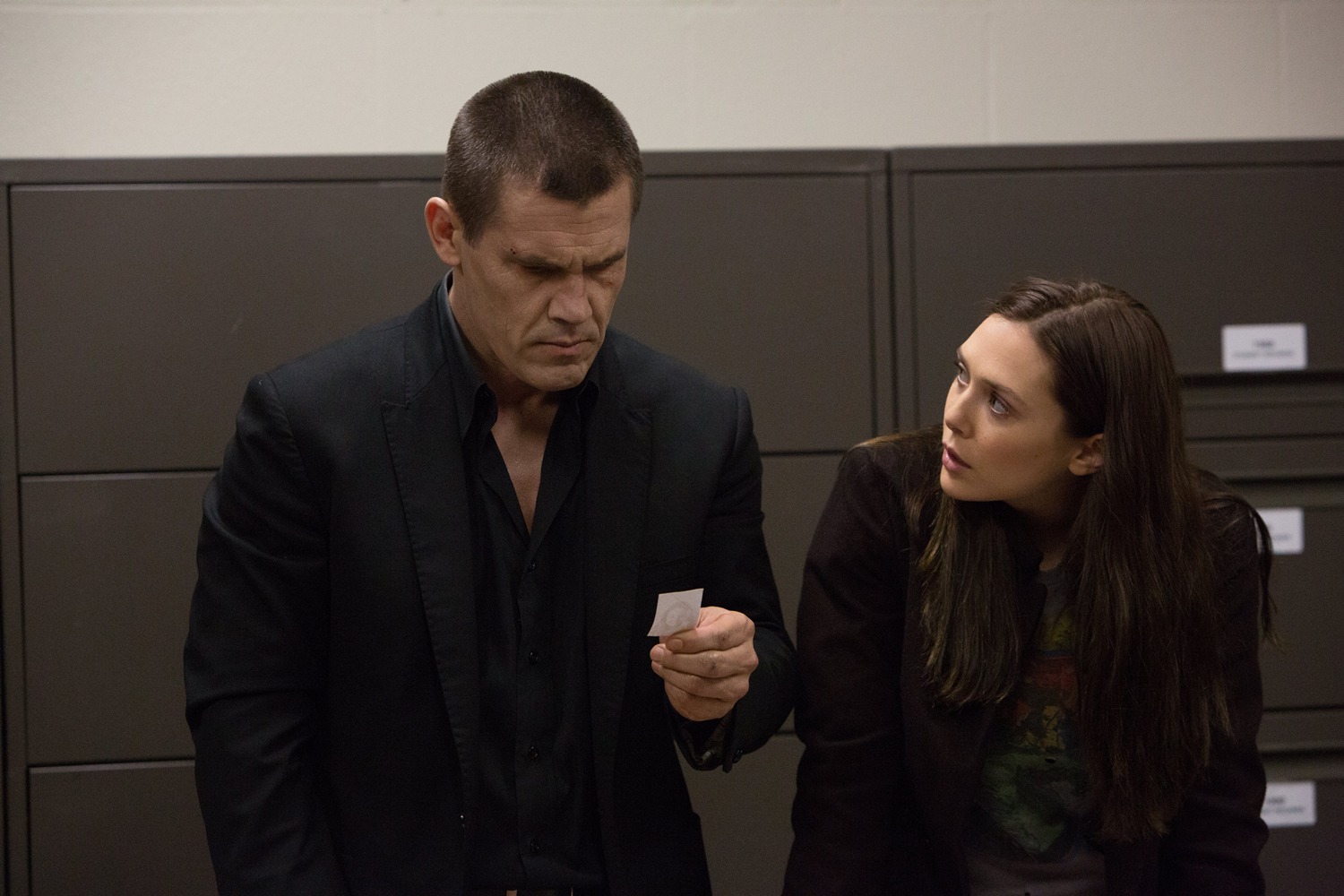
Why didn’t the witch just put a curse on Justine? She had a lock of her hair, collected by Alex’s mom when Justine was asleep in her car watching the house.